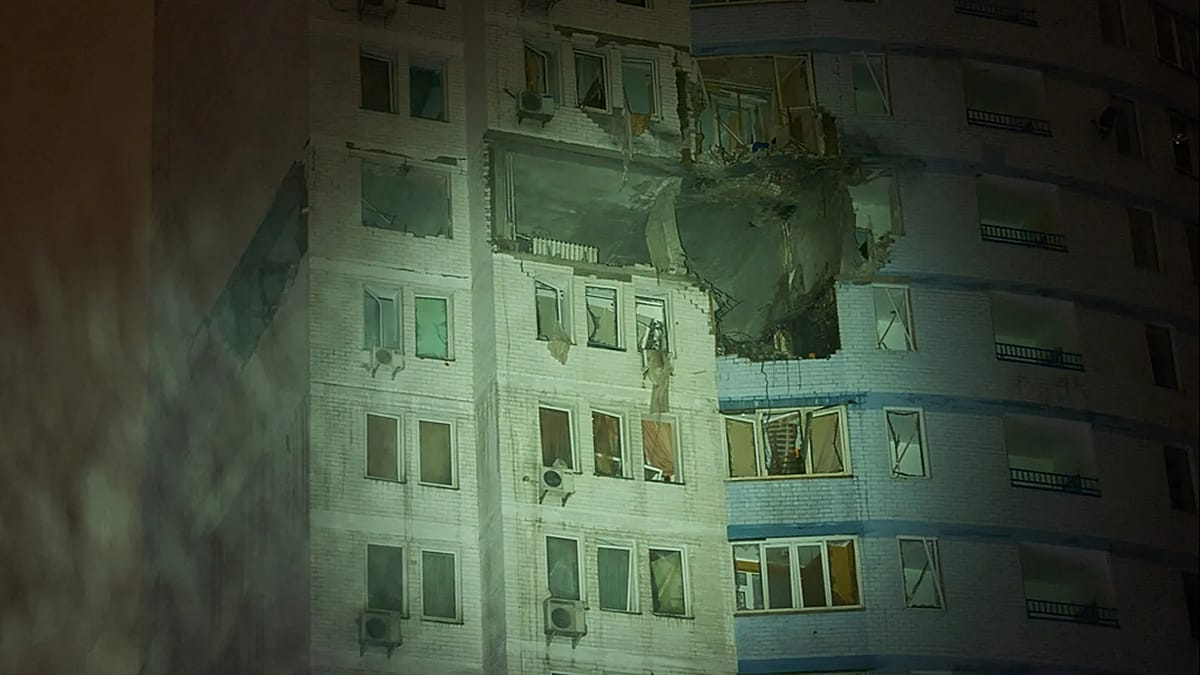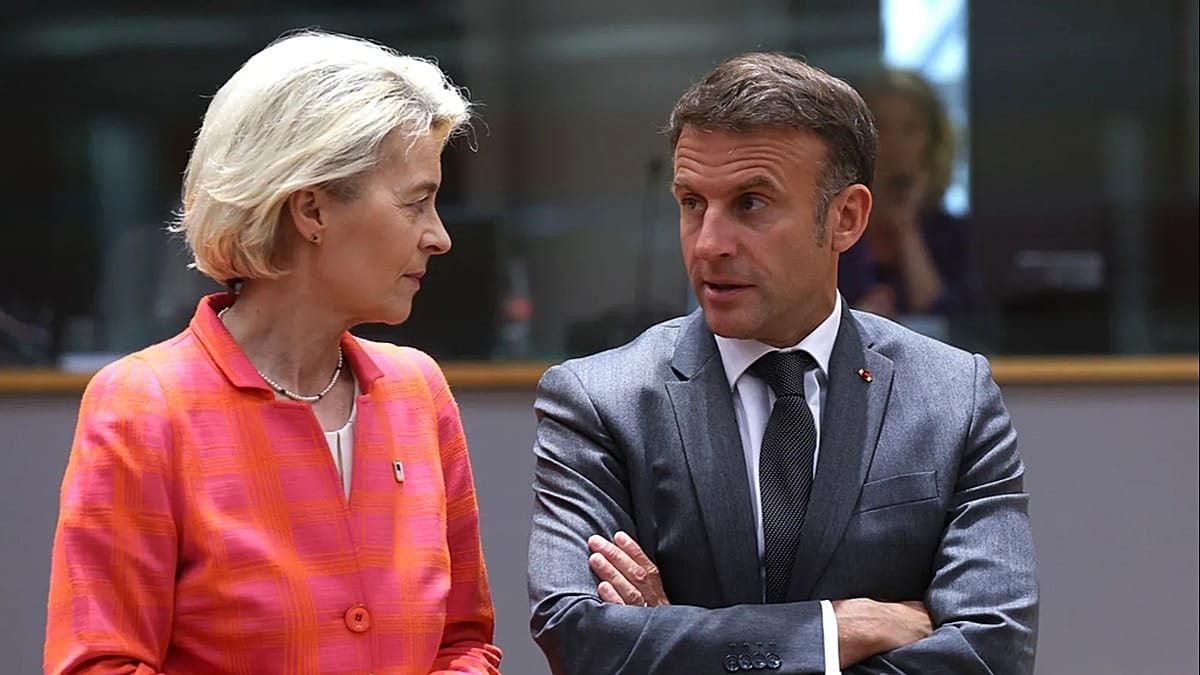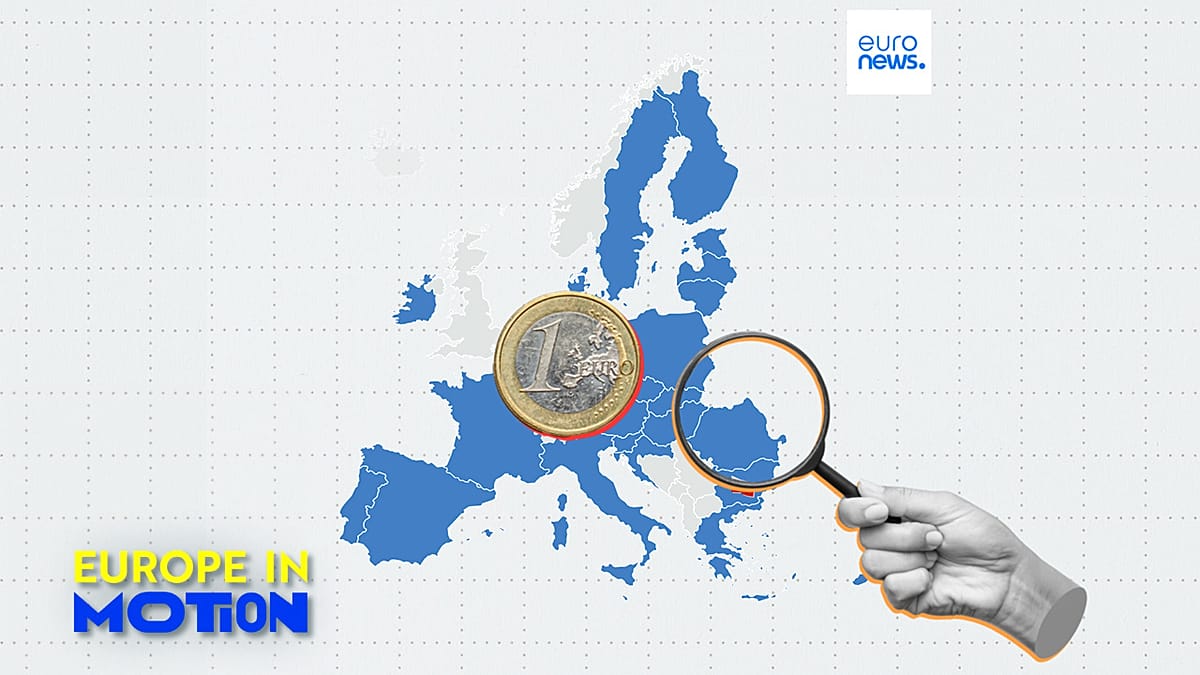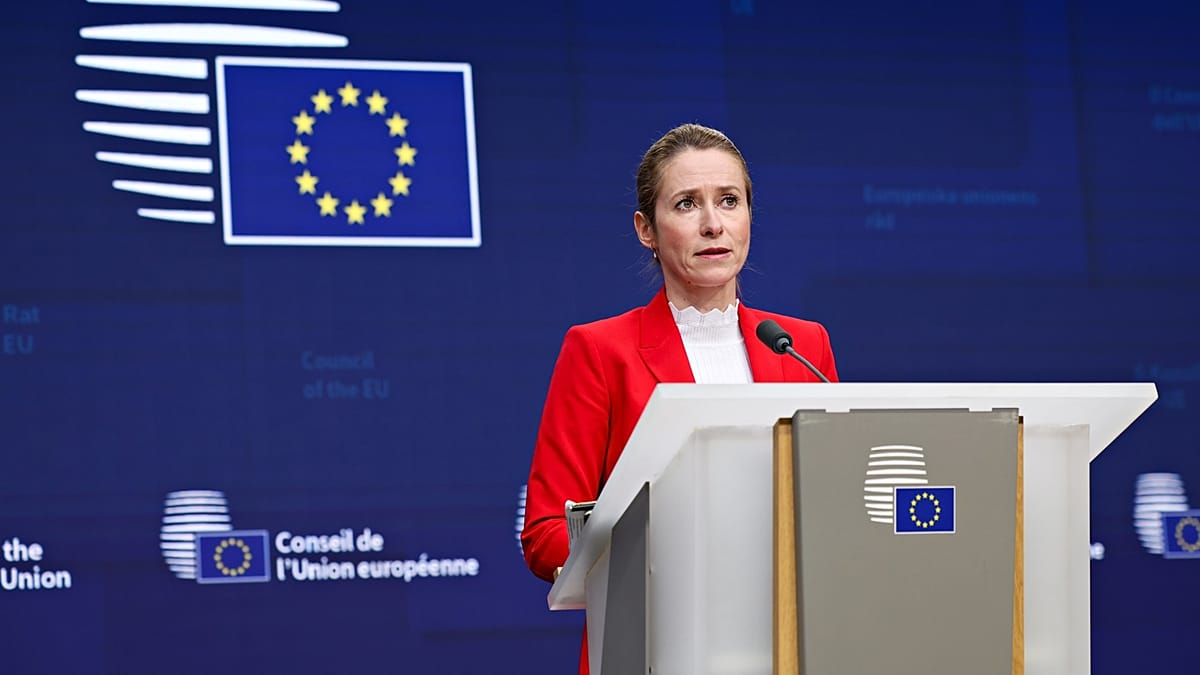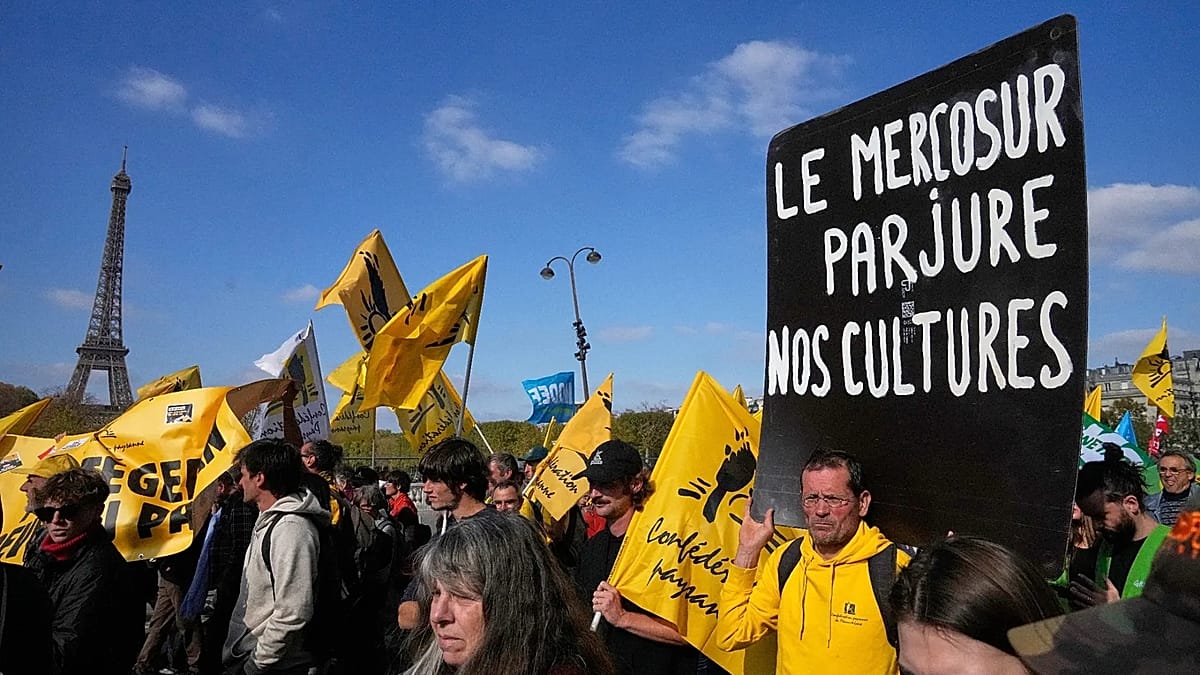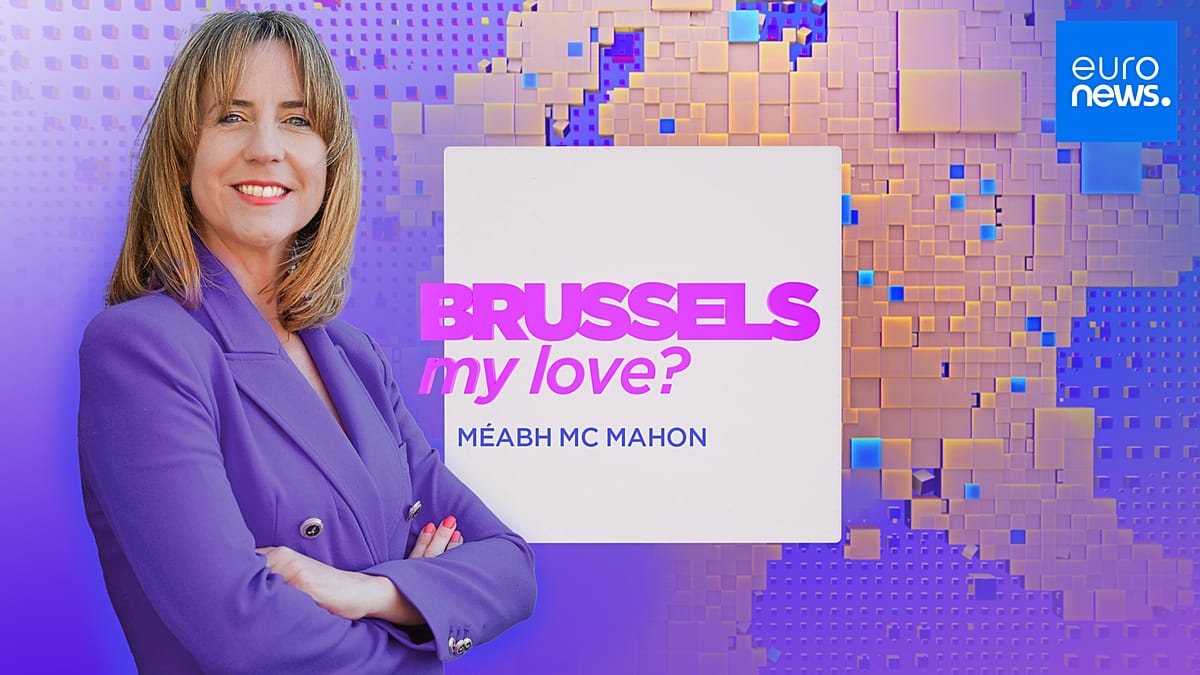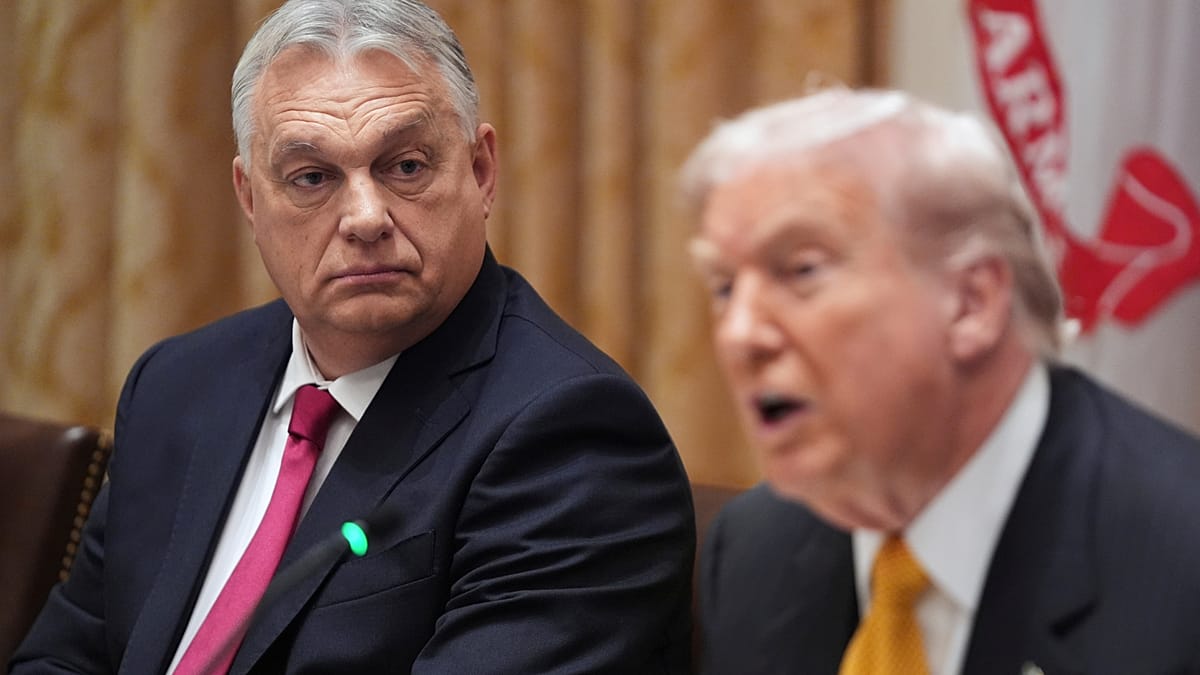
The European Parliament has de facto approved a change to EU legislation that will allow investment in “controversial weapons” to be included in the bloc’s sustainability framework – a move that mean companies producing incendiary weapons, depleted-uranium ammunition, and even nuclear weapons could now be eligible for the Environmental, Social, and Governance (ESG) label.
Earlier this year, the European Commission proposed to reduce the number of companies in the weapons industry that are excluded from the EU’s sustainability benchmarks in order to avoid confusion and uncertainty for the companies’ investors.
In practice, this means that companies involved in the production of incendiary weapons and even nuclear weapons will not be excluded from receiving ESG labels – a concept long associated with ethical investing that is now being redefined to align with the current geopolitical landscape.
According to a Bloomberg analysis, the number of ESG equity funds exposed to the nuclear arms industry has increased by more than 50% since Russia’s full-scale invasion of Ukraine in February 2022.
Stretching the definition of ESG
Presenting its proposal, the Commission claimed that the definition of “controversial weapons” should be clarified and simplified “because the relevant international treaties and conventions to which member states are parties do not reference controversial weapons but rather prohibited weapons”.
The Commission’s decision to modify the regulation follows mounting calls to enhance the bloc’s defence capabilities, necessitating the mobilisation of up to €800 billion over the next four years.
At a parliamentary plenary session on Wednesday, the Socialists and Democrats, the Greens/EFA, and The Left opposed the Commission’s changes, as EU rules allow both the Parliament and member states to oppose a delegated act from the Commission – but their pleas were rejected.
According to Spanish Socialist MEP Jonás Fernández, the Commission’s amendment will distort the information on which investors rely by labelling indices that include assets which do not contribute to climate objectives as “green”.
“If the goal is to provide clarity, this delegated act achieves exactly the opposite, expanding the definition of ‘green’ to the point of emptying it of meaning,” he said.
“I think that this move was designed specifically to boost the production of innovative, controversial weapons…incendiary weapons, non-detectable fragments, blinding lasers, or lethal autonomous weapon systems”, The Left’s MEP Marc Botenga told Euronews.

